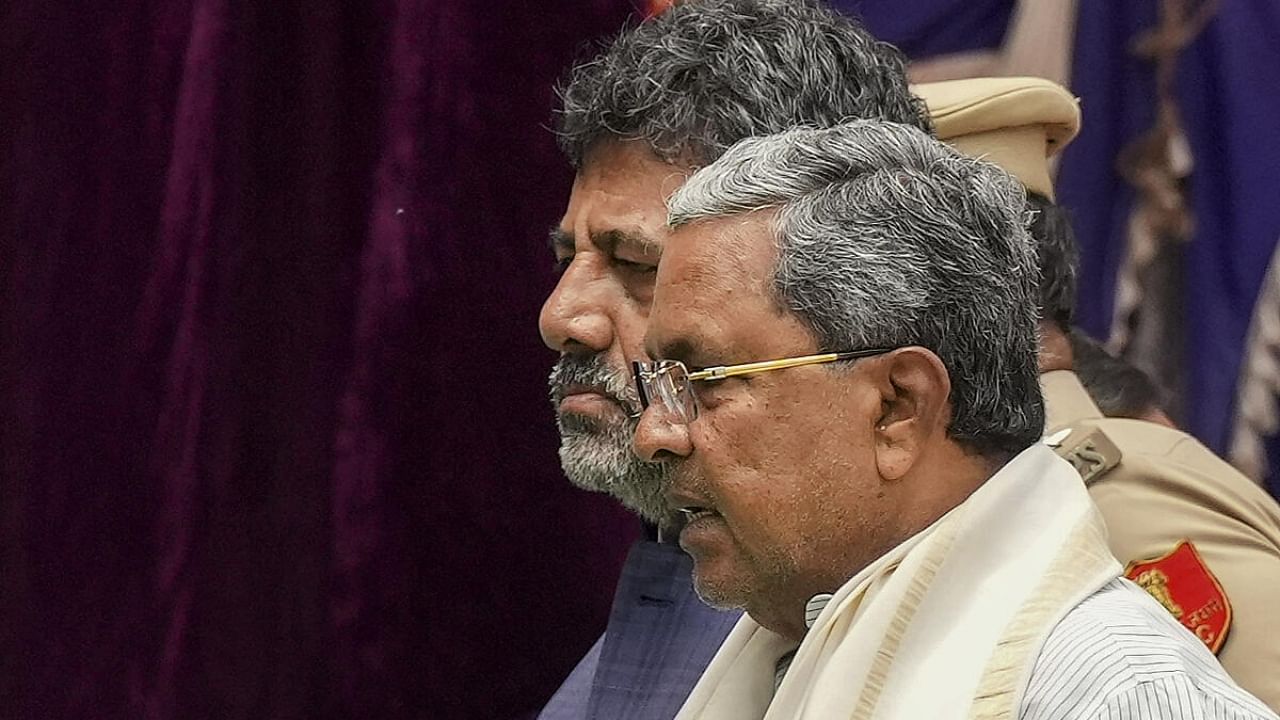
The Congress party in Karnataka had mentioned in its manifesto that it would scrap the National Education Policy (NEP), 2020, if voted into office. After coming to power with an emphatic victory, the government has emphasised that since education is on the Concurrent List, it would implement its promise. The stand of the state governments would be crucial in the successful implementation of the NEP, as argued in these columns on August 3, 2020.
The concern here is about the sphere of higher education, though it must be emphasised that the Siddaramaiah government’s decision regarding school curricula to restore the status quo ante is appropriate and is in consonance with the constitutional objectives. However, decisions on what should constitute the curricula must be taken by an autonomous body consisting of neutral experts. The governments in power should not frequently change them, putting students and teachers in confusion.
The higher education minister has wisely clarified that the views of stakeholders would be taken into account before taking any decision to scrap the NEP. In a meeting with the vice chancellors of state universities, he tried to ascertain their views. As the VCs were reluctant to talk frankly, the minister gave them time to submit their views in writing. The government should also seek the views of students and teachers on the utility, or otherwise of the NEP 2020.
Let us focus on the key aspects of the NEP regarding higher education. One of its recommendations is a four-year degree programme with the provision for a certificate if students choose to terminate their education after one year, a diploma after two years, a degree after three years and a post graduate research degree if they opt for the four-year programme.
As part of implementing the NEP, many universities introduced the programme in a hurry, as admitted by many teachers. This is where the Congress government can order a thorough review of the programme in the interest of students. The general tendency among students and parents in India is towards obtaining a degree, even a two-year PG degree with specialised knowledge and skills to compete in the job market. If such an input is presented to the government by the stakeholders, it can consider going back to the three-year UG and two-year PG programmes.
The entry and exit option that the NEP provides is an idea borrowed from the West, where parents do not generally pay for their ward’s education and most students feel the need to exit from their courses, earn and save enough money and rejoin to pursue education. In India, most parents feel it is their duty to pay for their ward’s education. That being the case, the entry, exit and re-entry options will be hardly exercised. The government, if it deems fit, can do away with this aspect of the NEP.
In a recent interaction with students, the chief minister talked about his commitment to the marginalised and poorer sections of society. In keeping with that, his government should accord priority to inclusive education. The best way of doing that would be to strengthen and empower public universities to provide access and equity to higher education for students belonging to such backgrounds. The minimum that is expected in this regard is to put a five-year moratorium on the establishment of private universities (even public universities to strengthen the existing universities) which have commercialised higher education.
More importantly, it is in the area of higher education management that the NEP clauses — of creating an independent Board of Governors, and that body appointing vice chancellors — need to be retained. The Congress government will render yeoman service to the cause of higher education if it implements this recommendation, an aspect which the BJP government did not do as it wanted to retain its hold over the appointment of VCs, registrars, registrar evaluations and members of the governing bodies.
The NEP recommendation to discontinue with the affiliation of colleges may be implemented, though that would rob the universities of their finances to some extent. Efforts should be made to encourage autonomous colleges while issuing strict guidelines on admission to ensure equity and access.
As part of its policy on education, the government should establish a higher education task force consisting of educationists of impeccable integrity and industry experts with a proven background of philanthropy, to guide it in disseminating quality education with a fair combination of skills, while at the same time taking care to ensure that knowledge is imparted to promote egalitarianism and societal harmony.
(The writer is former dean, Faculty of Arts, Bangalore University)